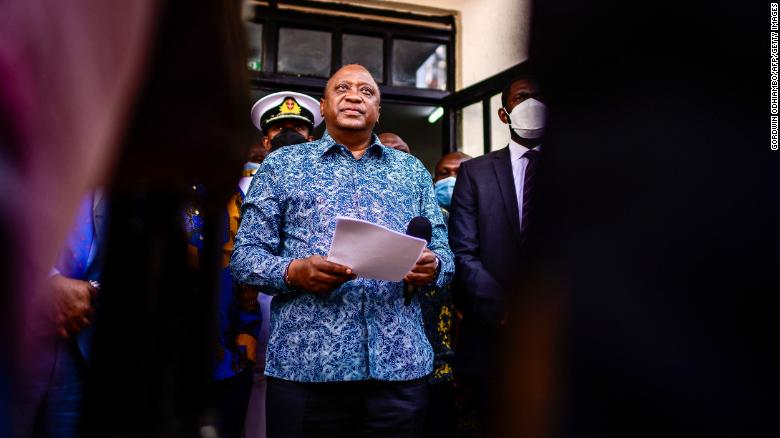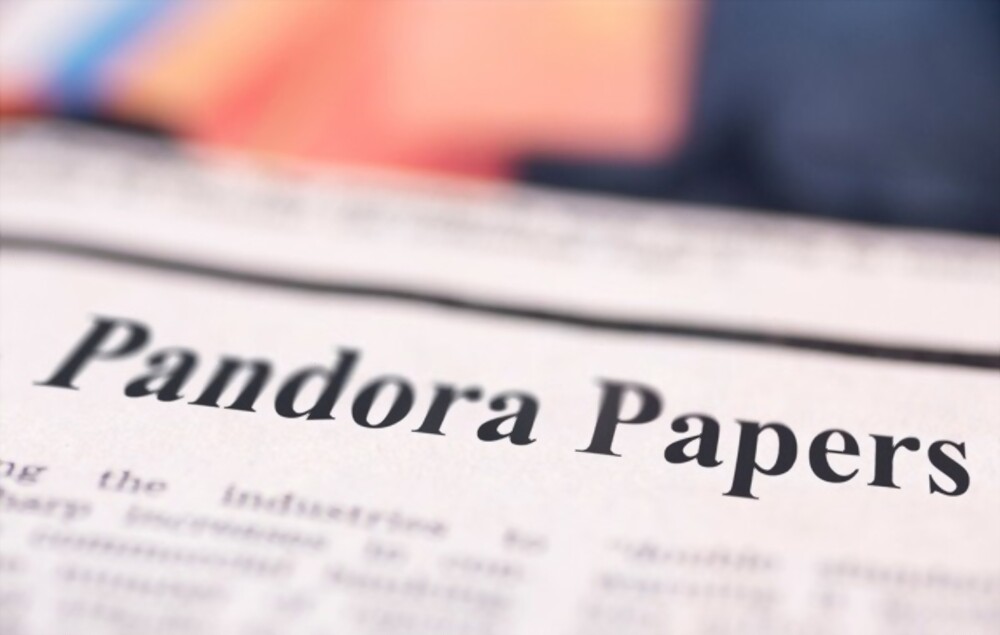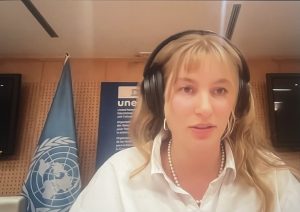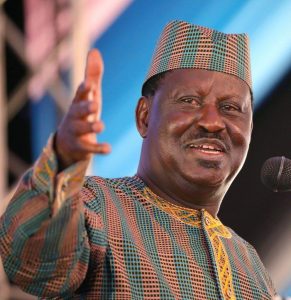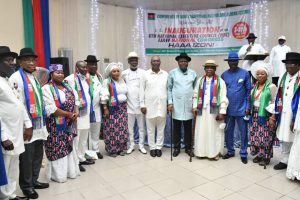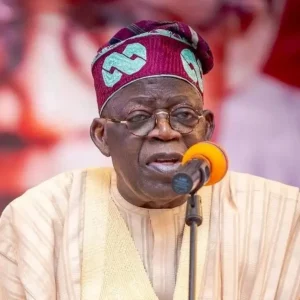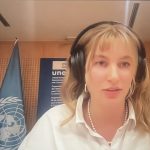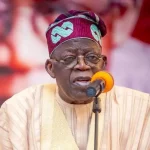The International Consortium of Investigative Journalists (ICIJ) has once again triumphed in exposing possible corruption in high places a exposed the financial secrets and offshore dealings of dozens of heads of state, public officials, and politicians from 91 countries and territories. This time, the reporters called it “Pandora Papers.”
More than 600 journalists from 150 outlets spent two years investigating nearly 12 million confidential files — a bigger cache of documents than 2016’s Panama Papers.
The Pandora Papers reveal how unusual offshore finances and secretive wealth have infiltrated global politics. Some of the people named in the papers are major political leaders in developing or impoverished countries, such as Jordan and Kenya.
“Many of the power players who could help bring an end to the offshore system instead benefit from it — stashing assets in covert companies and trusts while their governments do little to slow a global stream of illicit money that enriches criminals and impoverishes nations,” the ICIJ said in its introduction to the series, which is being published by the Washington Post in the United States and the BBC and The Guardian in the United Kingdom.
The names mentioned in the articles are a who’s who of heads of state, billionaires and public officials from all corners of the world. Here are five of the biggest takeaways from the series.
Pakistani Prime Minister Imran Khan
The Panama Papers brought an end to former Pakistani Prime Minister Nawaz Sharif’s term. Former cricket star Imran Khan staged protests against Sharif and was elected prime minister in 2018 on a platform of equity and anti-corruption.
The Washington Post reports the Pandora Papers reveal no offshore accounts from Khan — but they do include people in his inner circle, from one of his ministers to a top donor who has funded his party, according to the ICIJ.
Khan responded to the investigation on Twitter Sunday.
“My [government] will investigate all our citizens mentioned in the Pandora Papers [and] if any wrongdoing is established we will take appropriate action. I call on the international community to treat this grave injustice as similar to the climate change crisis,” Khan tweeted.
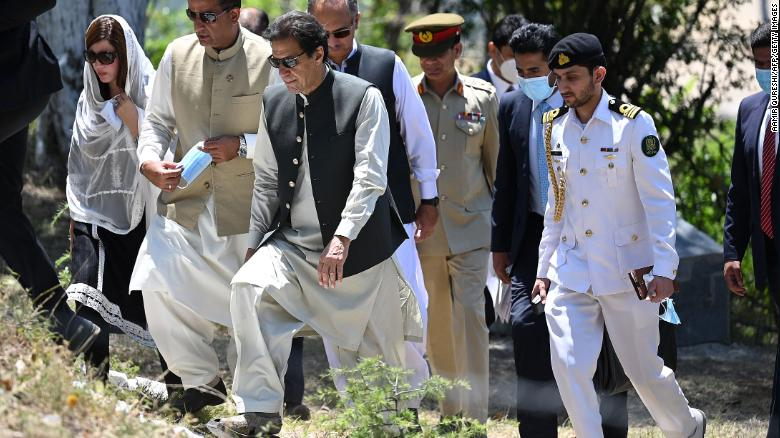
Jordanian King Abdullah II
King Abdullah II purchased 14 homes worth more than $106 million in the United Kingdom and United States through front companies registered in tax havens, the ICIJ said. The properties include apartments in central London and Washington, D.C., according to the group.
Accountants and lawyers in Switzerland and the British Virgin Islands formed shell companies on the king’s behalf and made plans to shield his name from public view, according to the ICIJ.
Though owning offshore accounts is not illegal, Jordan is one of the poorest Arab countries and relies heavily on international aid. Most of the deals took place after the Arab Spring in 2011, the ICIJ reported.
“If the Jordanian monarch were to display his wealth more publicly, it wouldn’t only antagonize his people, it would piss off Western donors who have given him money,” Annelle Sheline, a Middle East expert at the Quincy Institute, told the ICIJ.
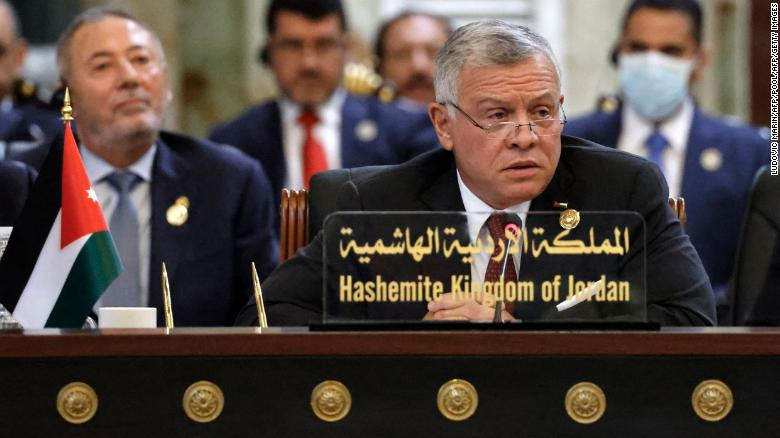
Jordan’s Royal Hashemite Court said in a statement that the report “included inaccuracies and distorted and exaggerated the facts.”
“It is no secret that His Majesty owns a number of apartments and residences in the United States and the United Kingdom. This is not unusual nor improper,” the court said in its statement.
The properties are used by the King and his family members to stay in during private visits and hence are not publicized for security reasons, not in a bid to conceal assets, it added.
The cost of maintaining these properties are “personally funded by His Majesty” the statement said, adding that “none of these expenses have been funded by the state budget or treasury.”
“Any allegations that link these private properties to public funds or assistance are baseless and deliberate attempts to distort facts,” the statement read.
Kenyan President Uhuru Kenyatta
According to the ICIJ, Kenyan President Uhuru Kenyatta’s family has been accumulating a fortune in offshore tax havens for decades. The Pandora Papers show the family owned at least seven entities based in the British Virgin Islands and Panama, two well-known tax havens, the ICIJ said.
The offshore businesses have assets worth more than $30 million, the ICIJ reported. Kenyatta, who has vowed to fight corruption in his country, is the son of Kenya’s first president after its independence.
Most of the family’s companies were created before Kenyatta was elected president, the ICIJ reported, and documents show that some remained active after he took office.
